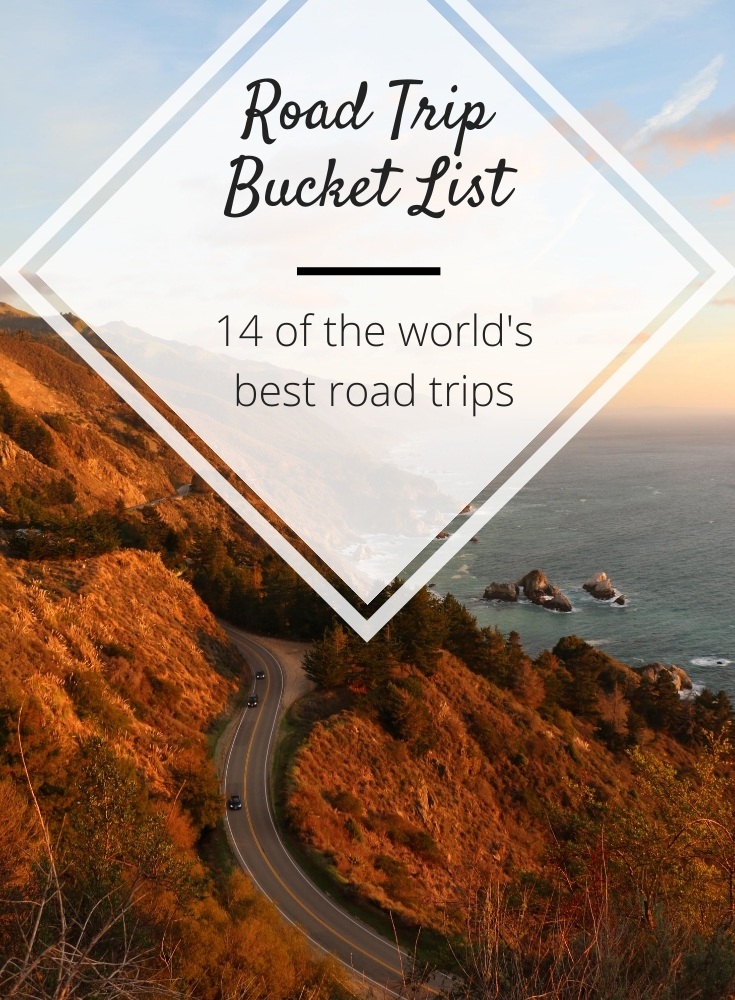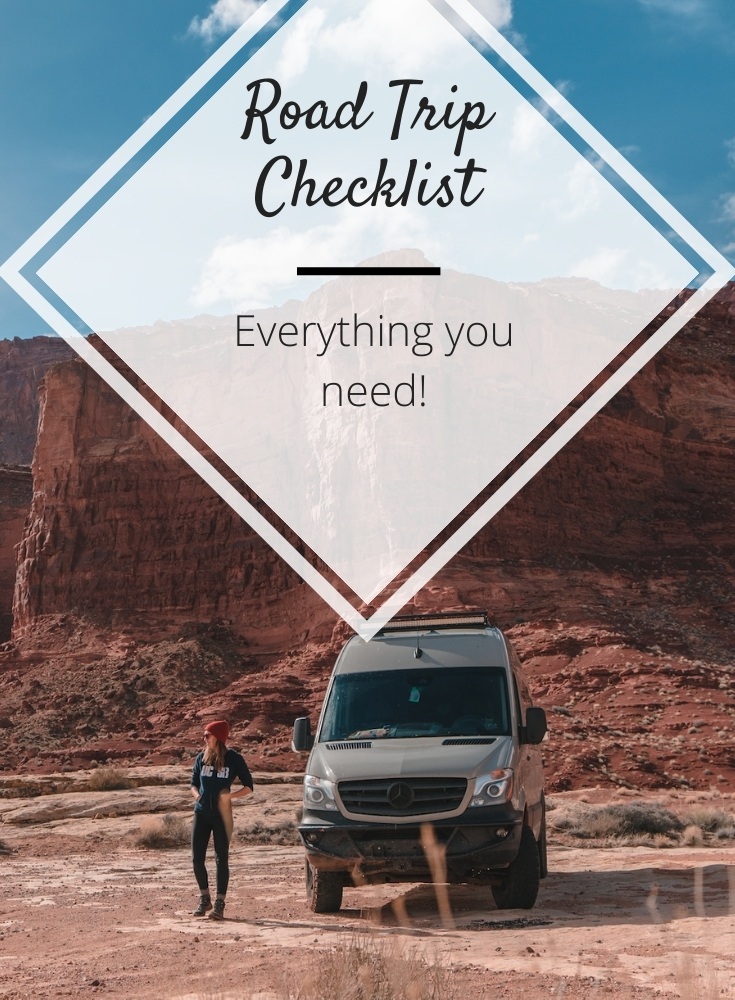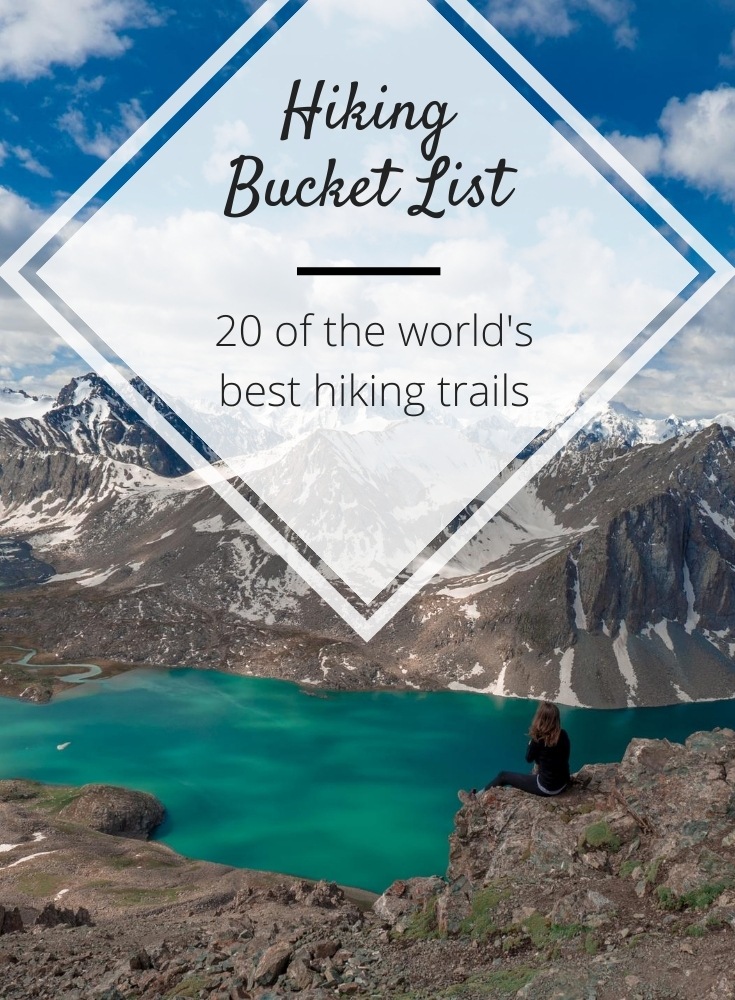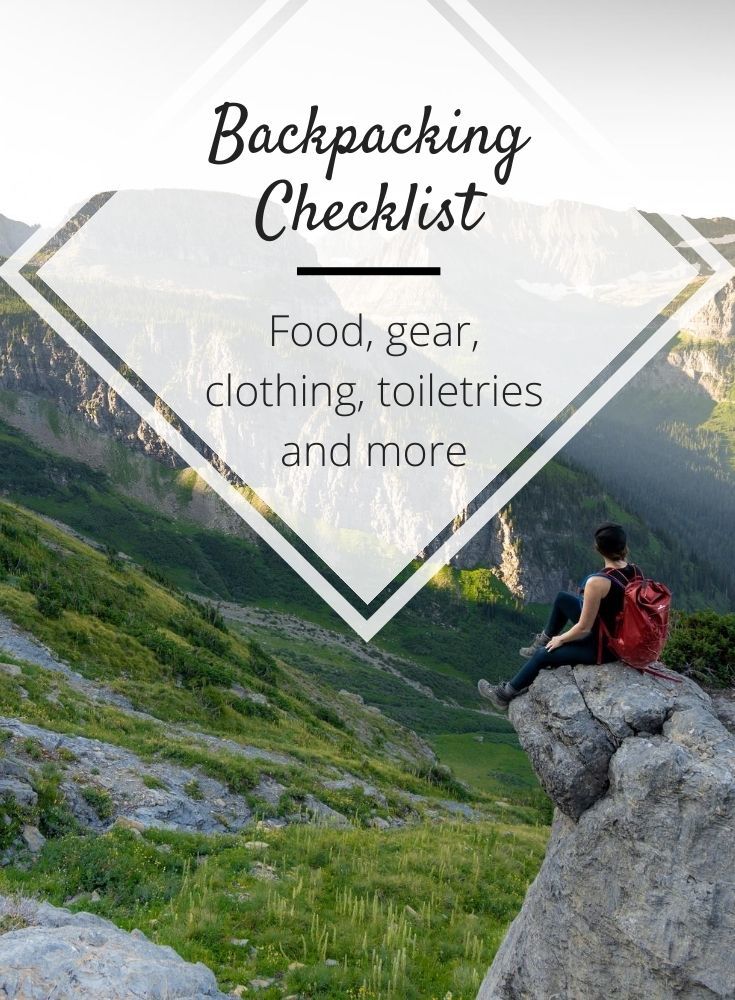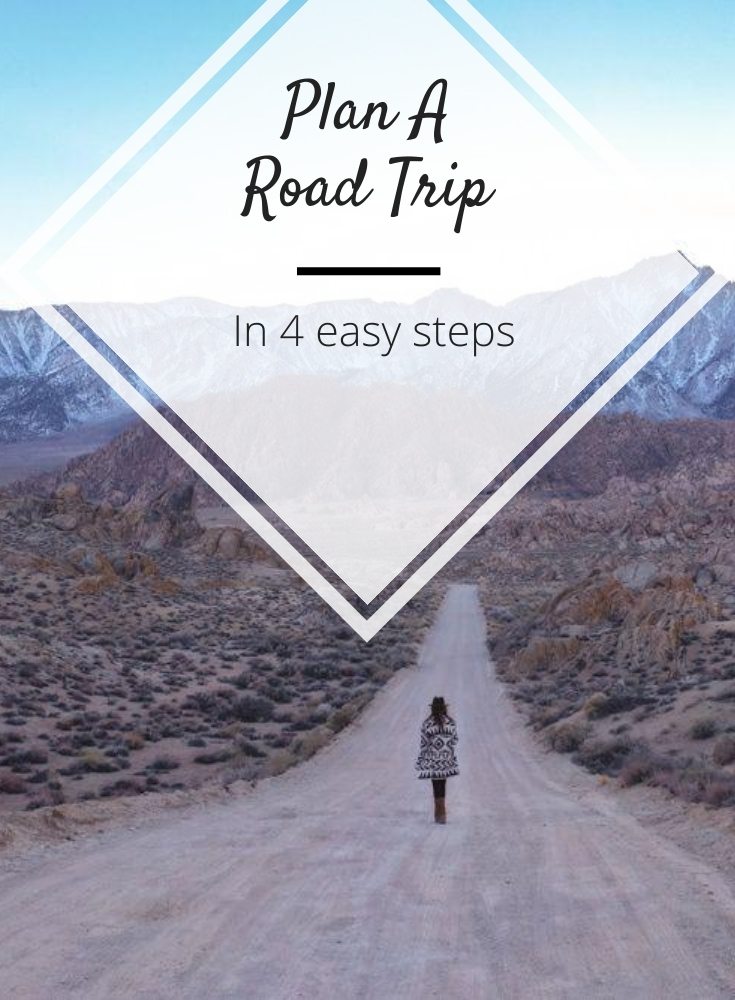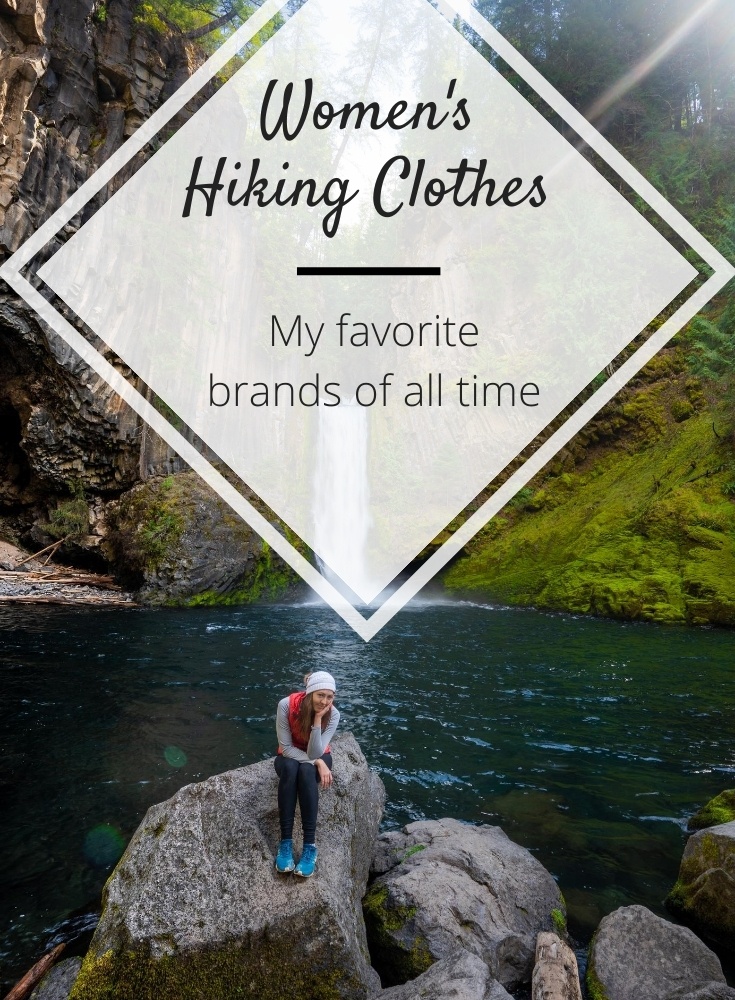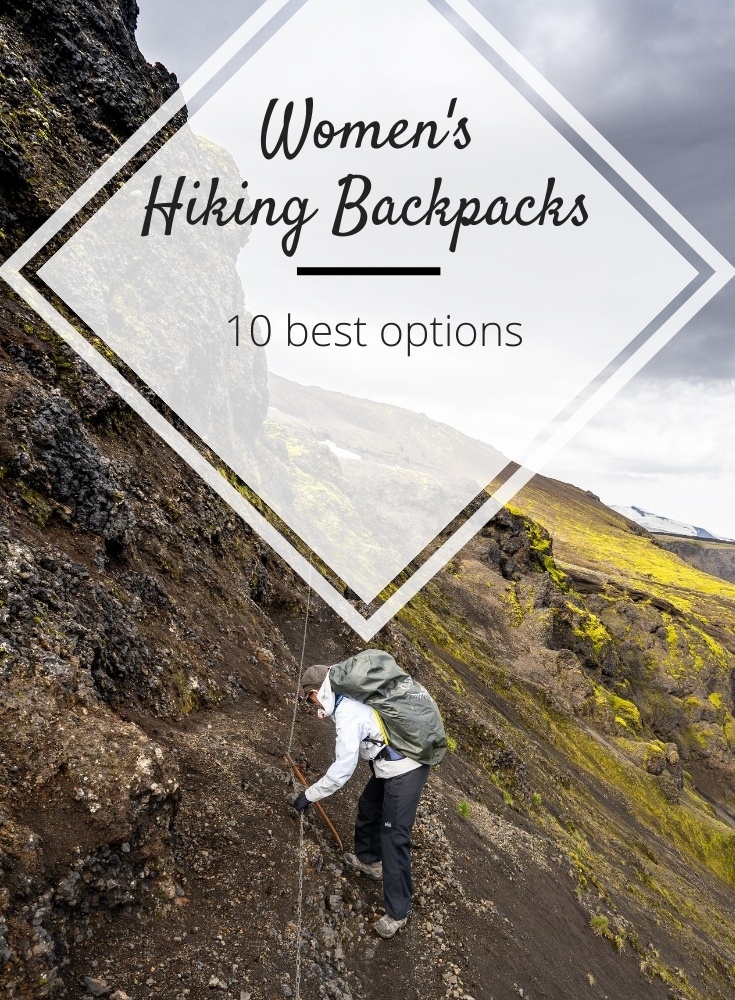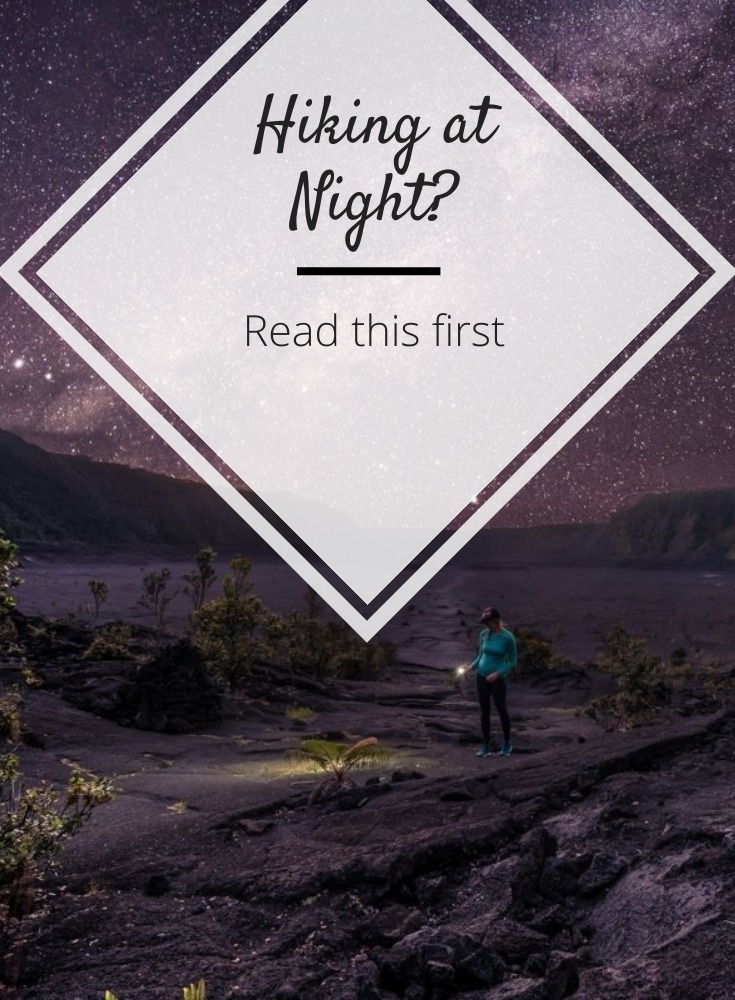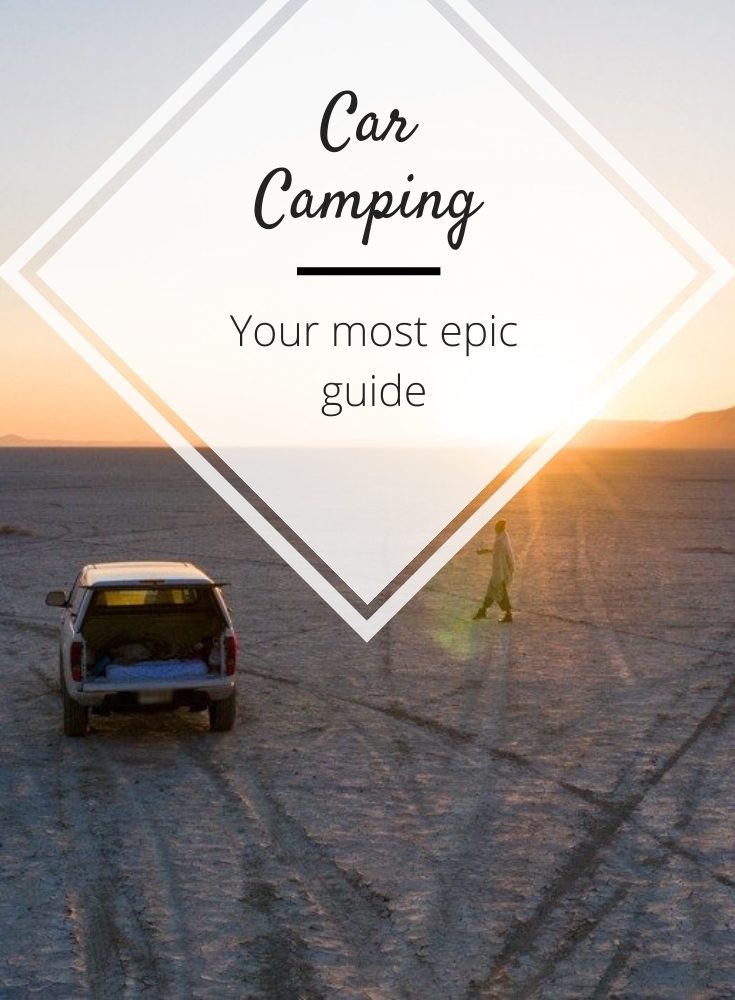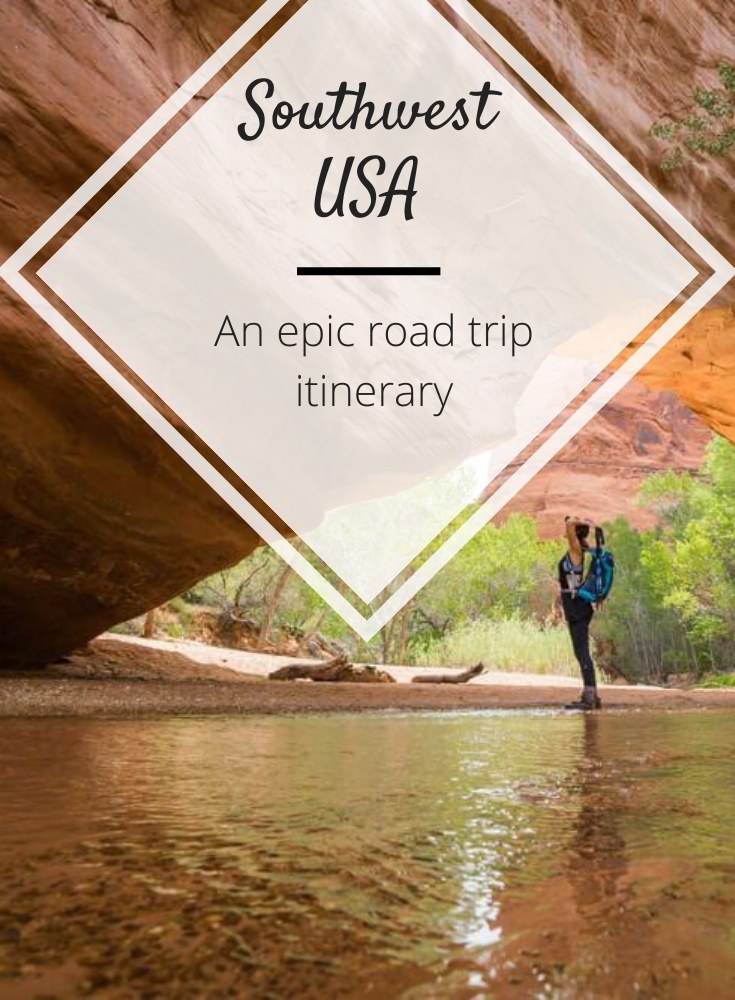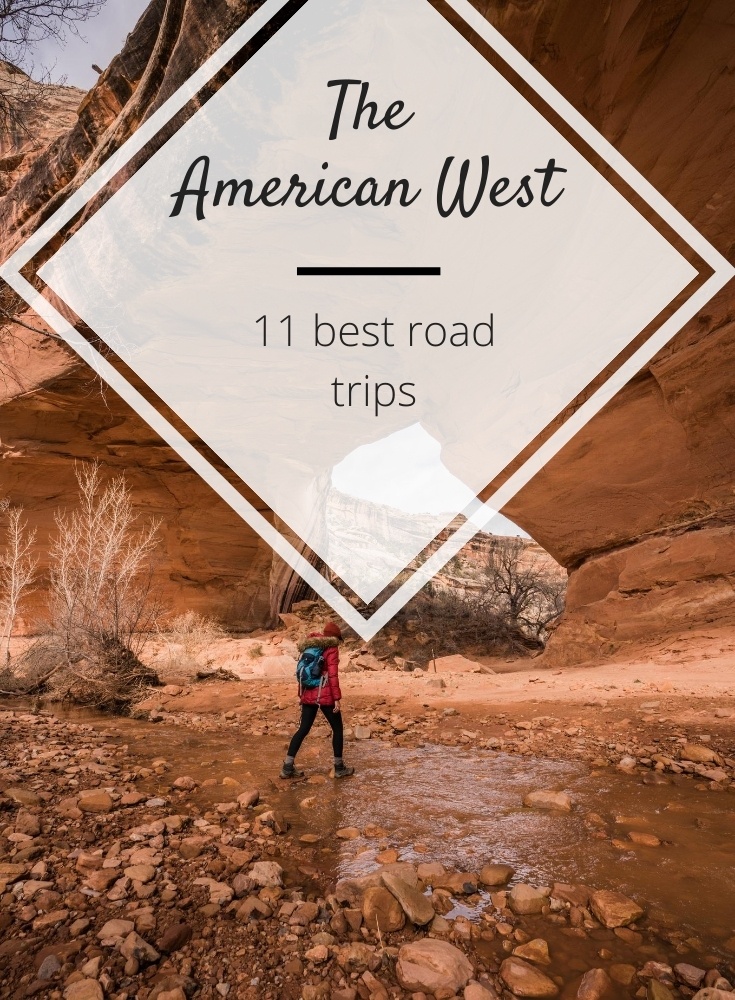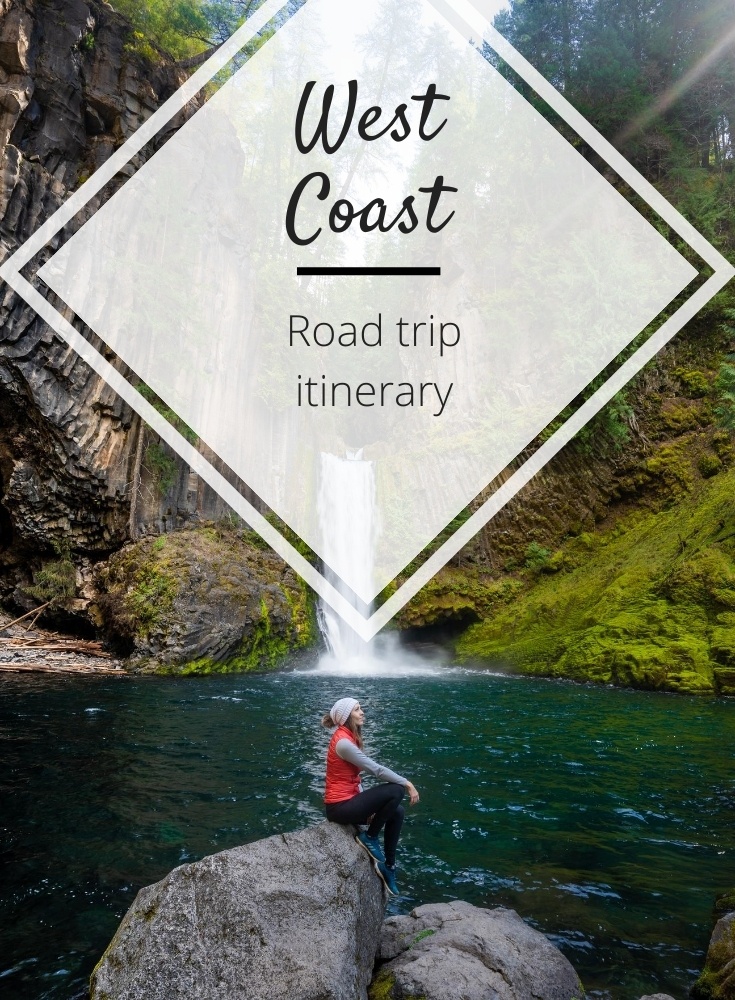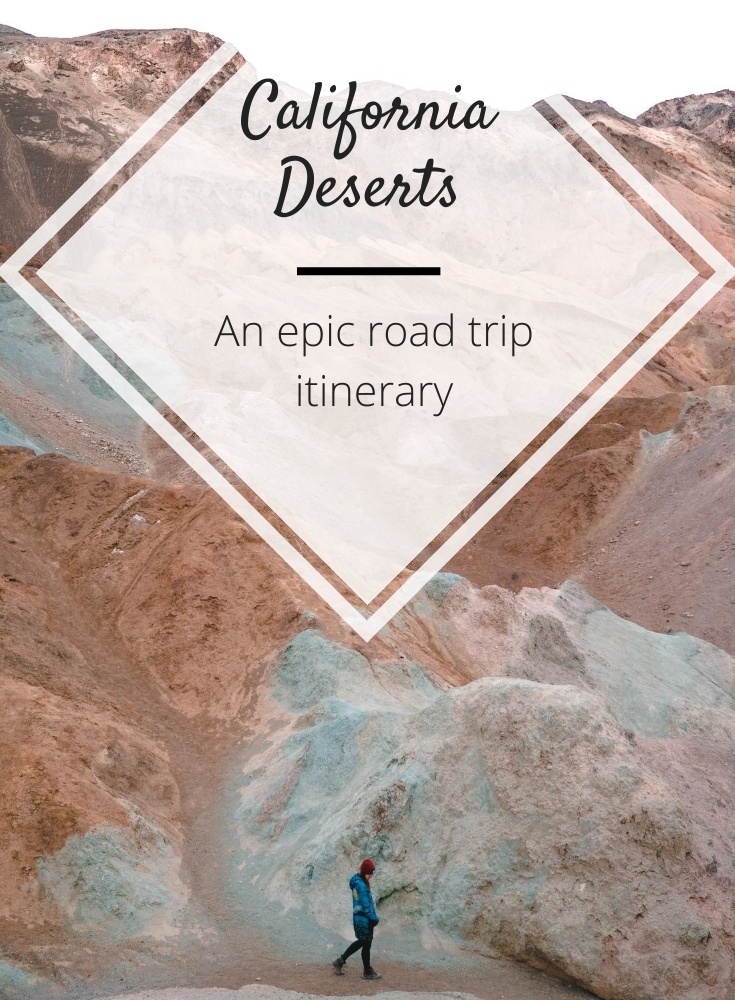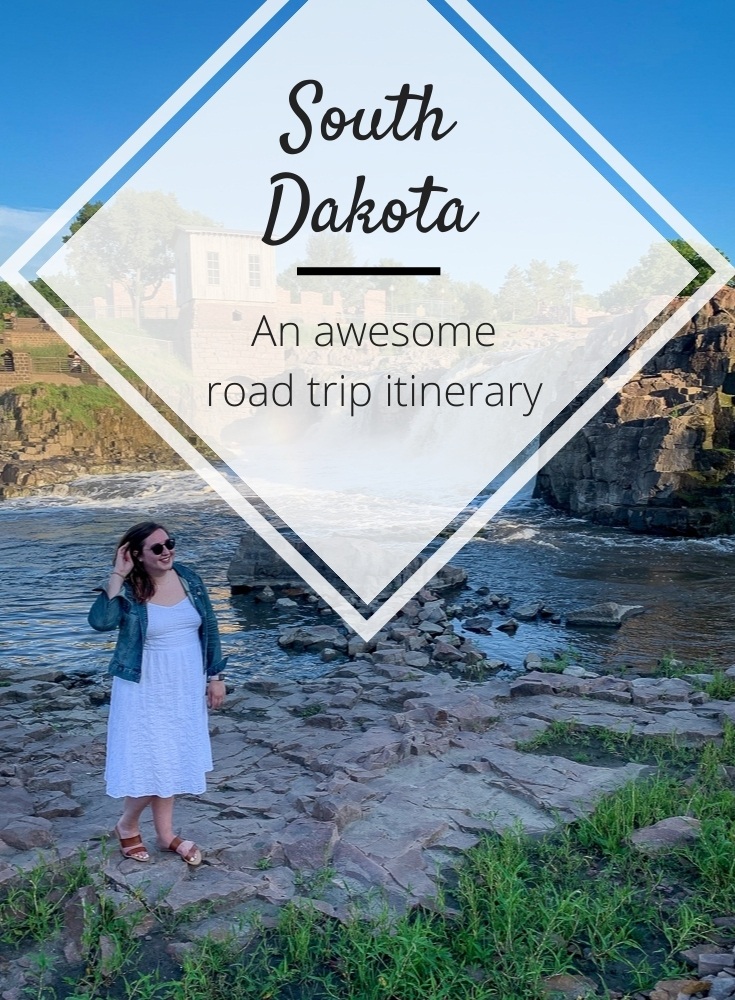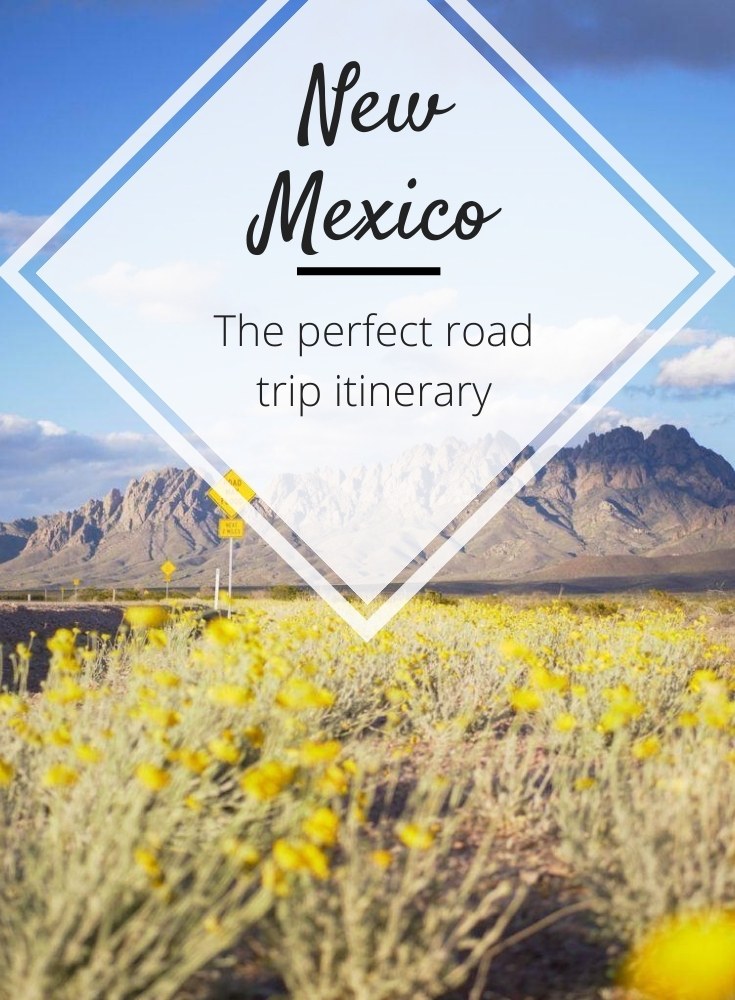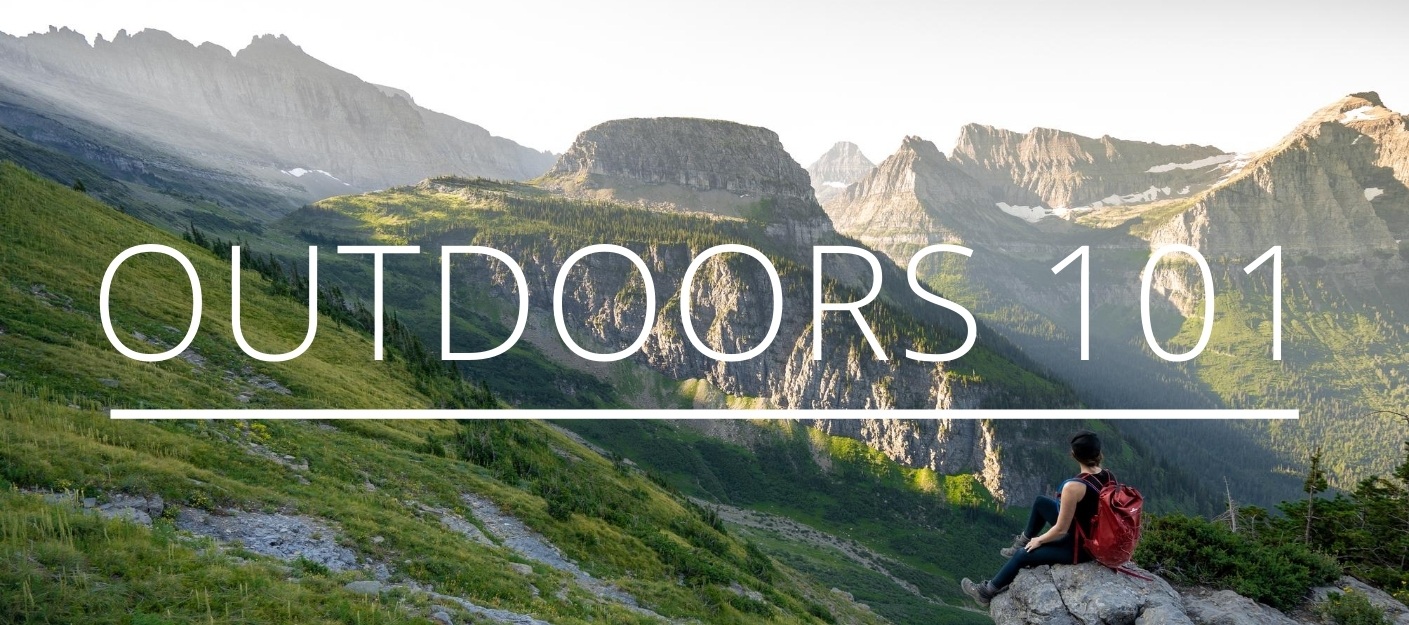
Welcome to BMTM's outdoors 101! Here, you will find EVERYTHING you need to have a well-planned, safe, and fun outdoor adventure, from hiking, camping, to backpacking and road tripping! Get all of my best tips from 8+ years of exploring the wilderness around the world. Learn how to plan your trip, what to pack, how to keep yourself safe in the wilderness, and get inspired by the road trip and camping itineraries.
If you are looking for resources for solo traveling, click here to read all of my best solo female travel posts.
Planning An Adventure
Complete checklists for your road trip and camping adventures, bucket lists to inspire you, resources to help you plan an epic adventure, and packing lists to ensure you are fully equipped and ready to get out there!
Camping, Hiking, Backpacking
All of my lessons learned from 8 years of hiking, camping, and backpacking around the world, so you don't repeat the same mistakes I made, and be well prepped for any situations to come!
The Best Outdoor Adventures in the USA
Itineraries with insider tips on where to go, what to see, how to get around, where to stay, and how to keep yourself safe to inspire you to get out there.
